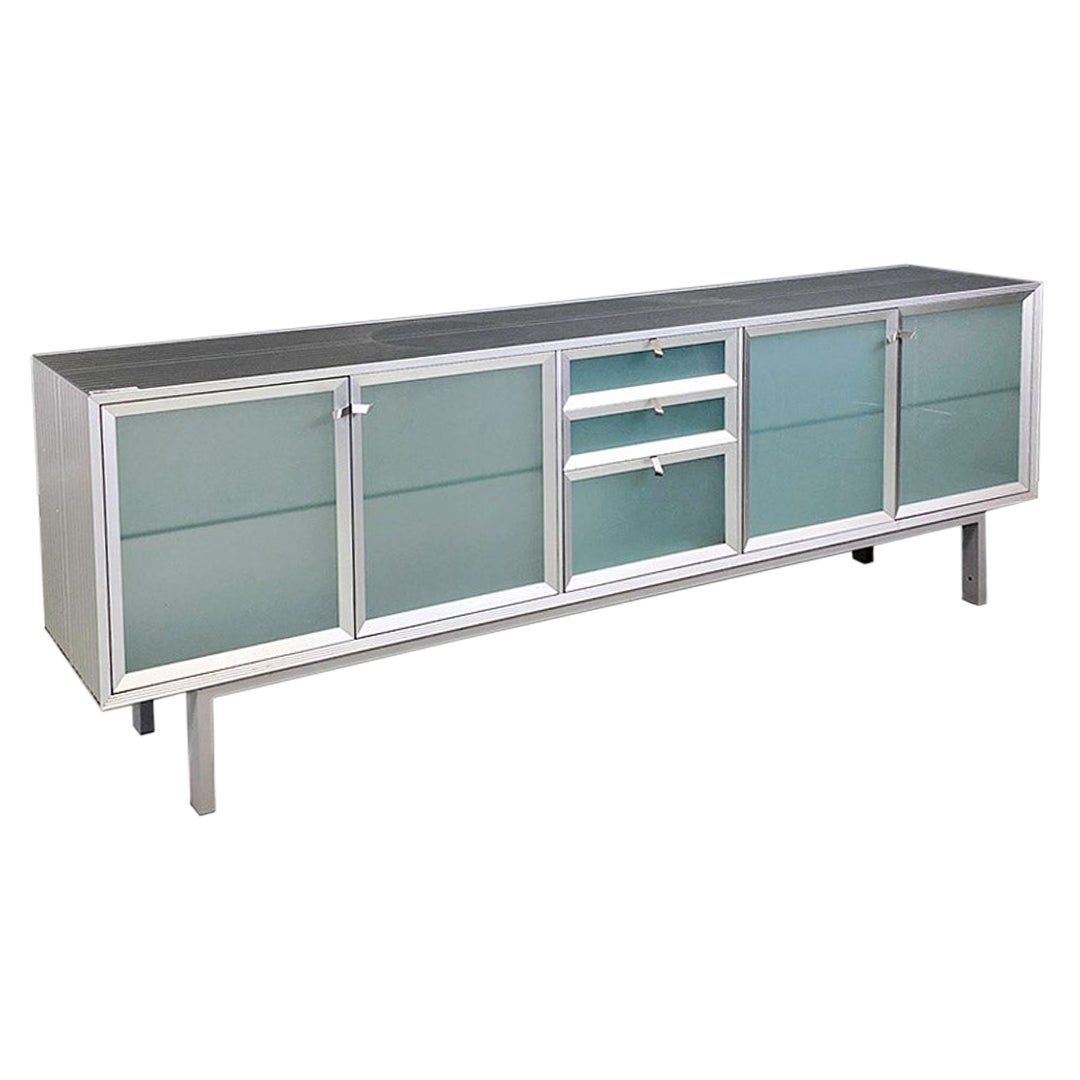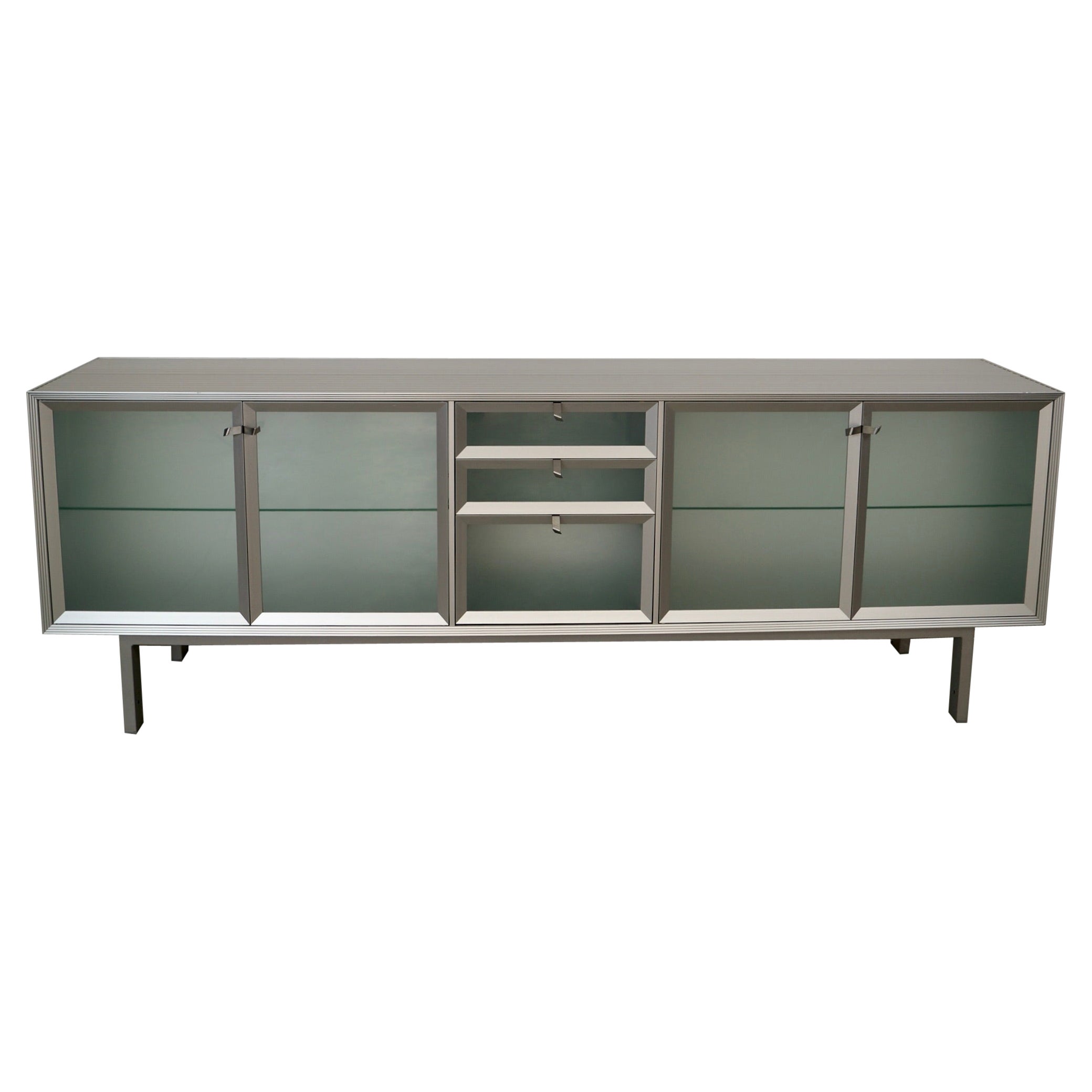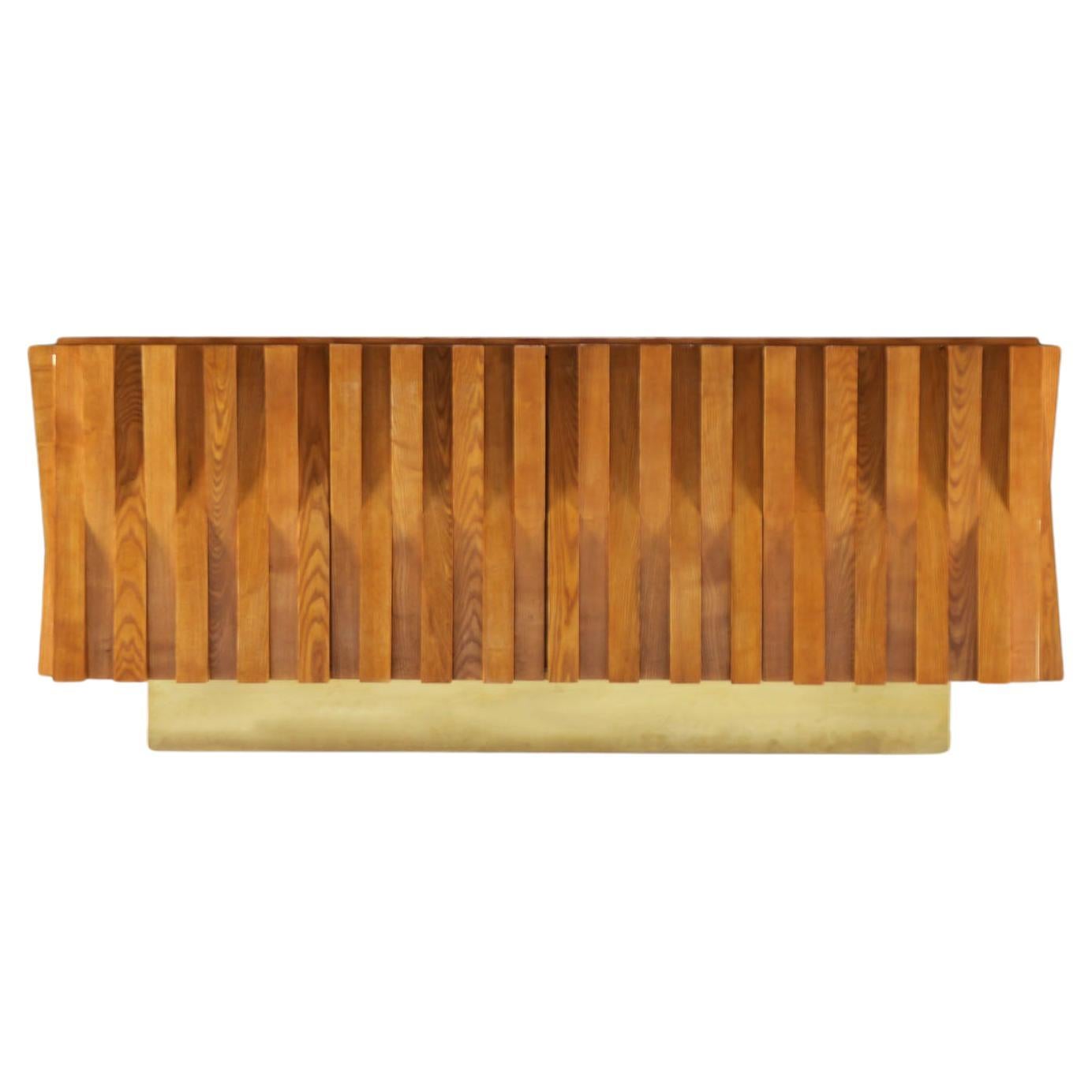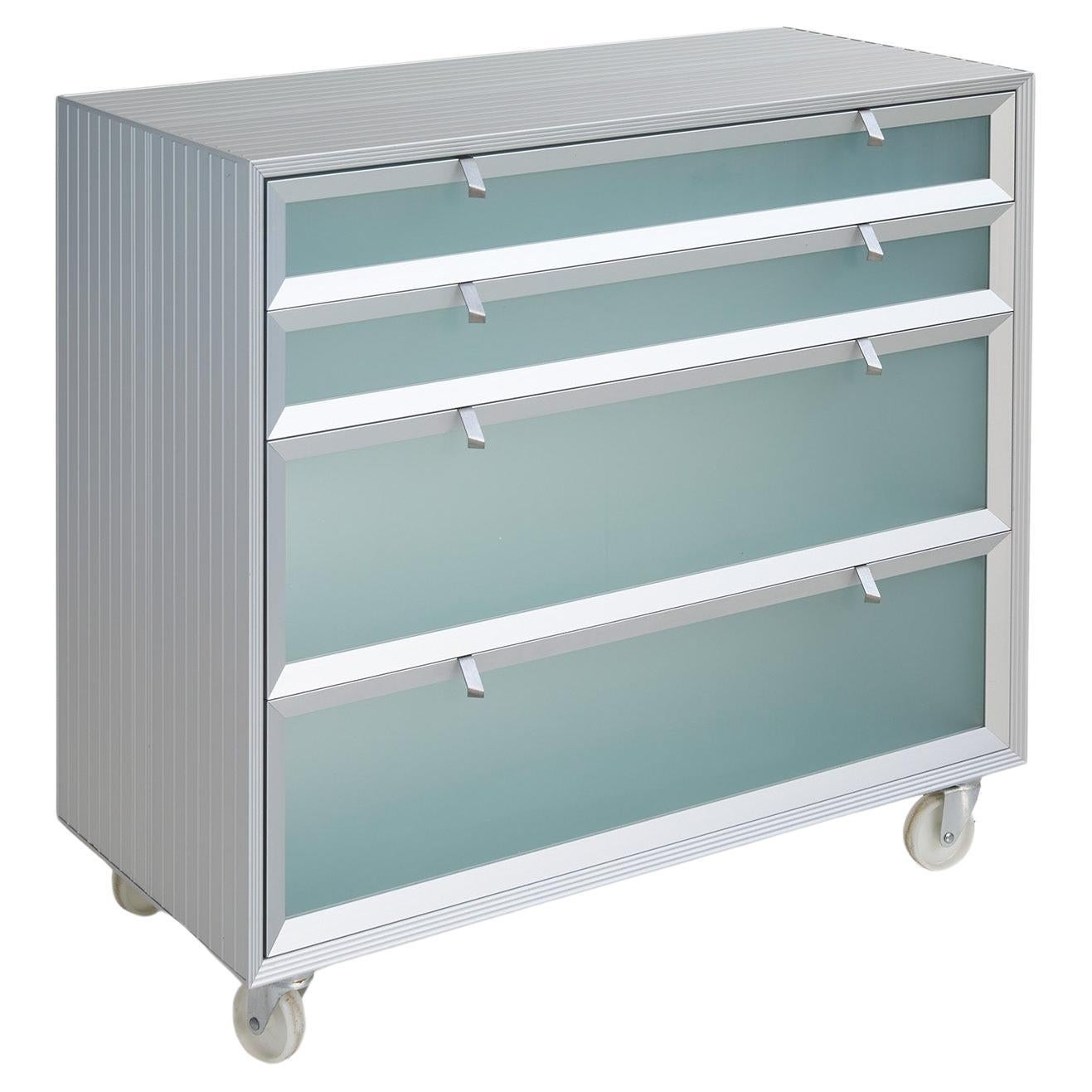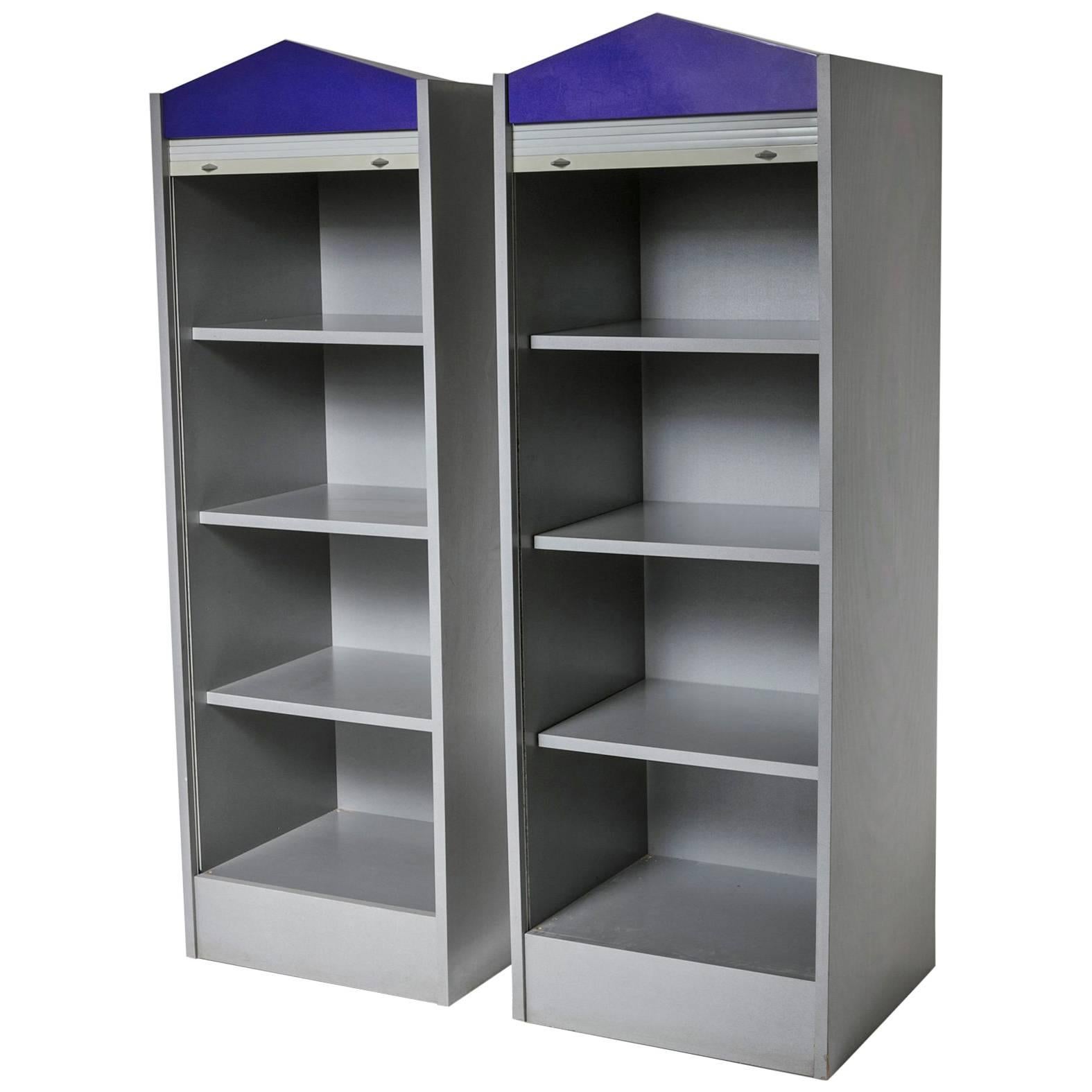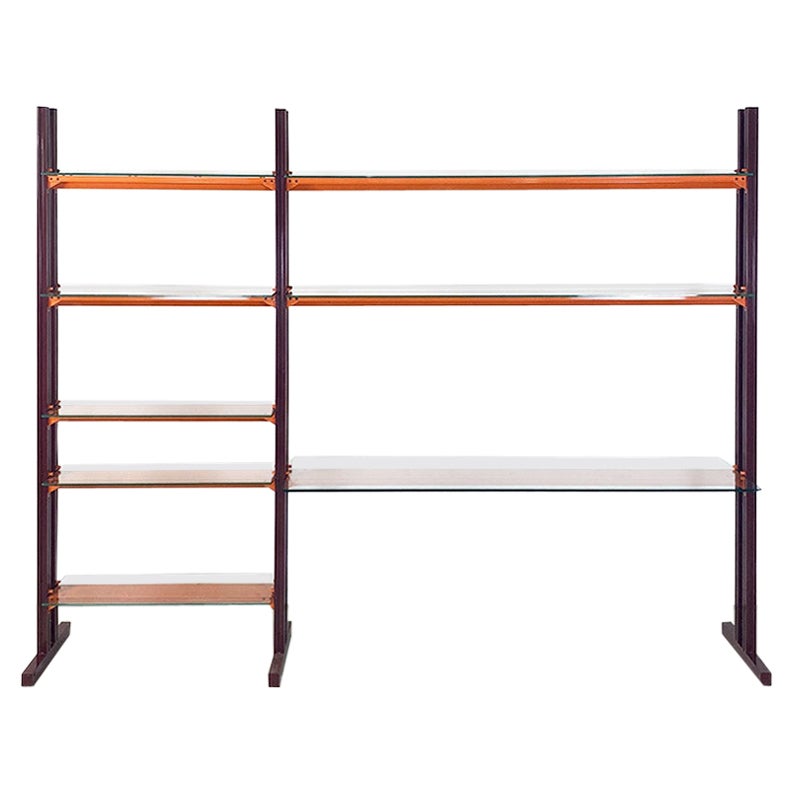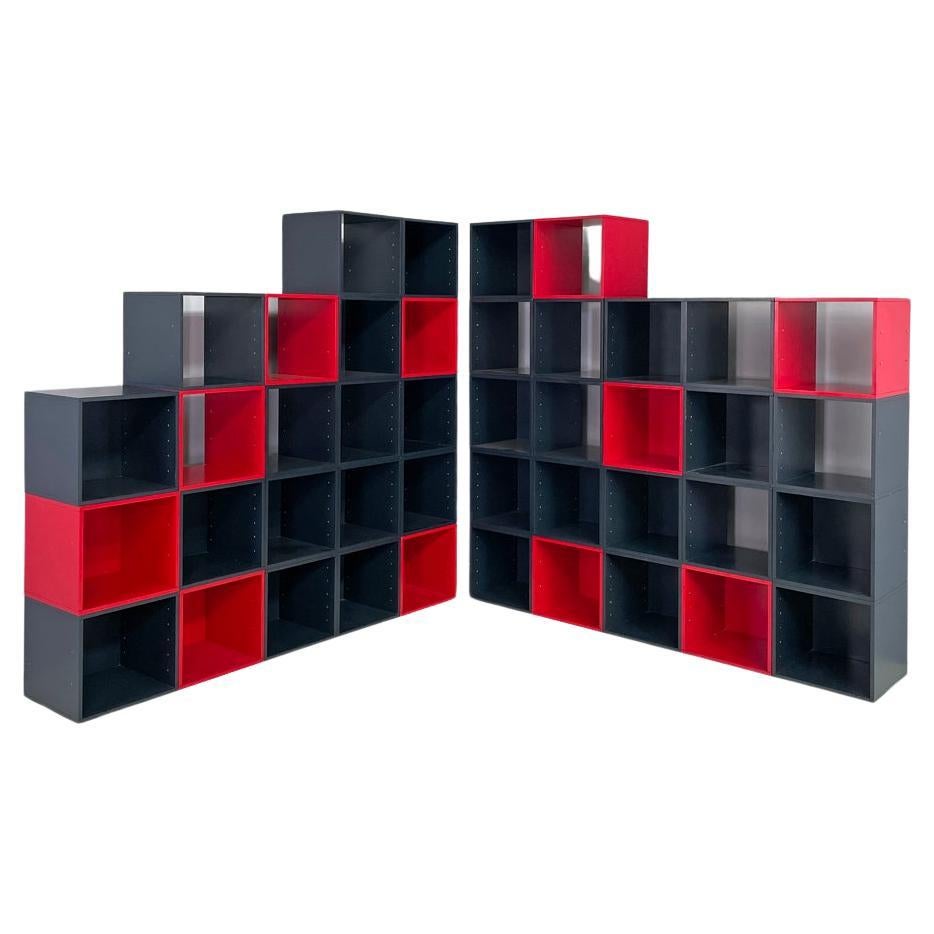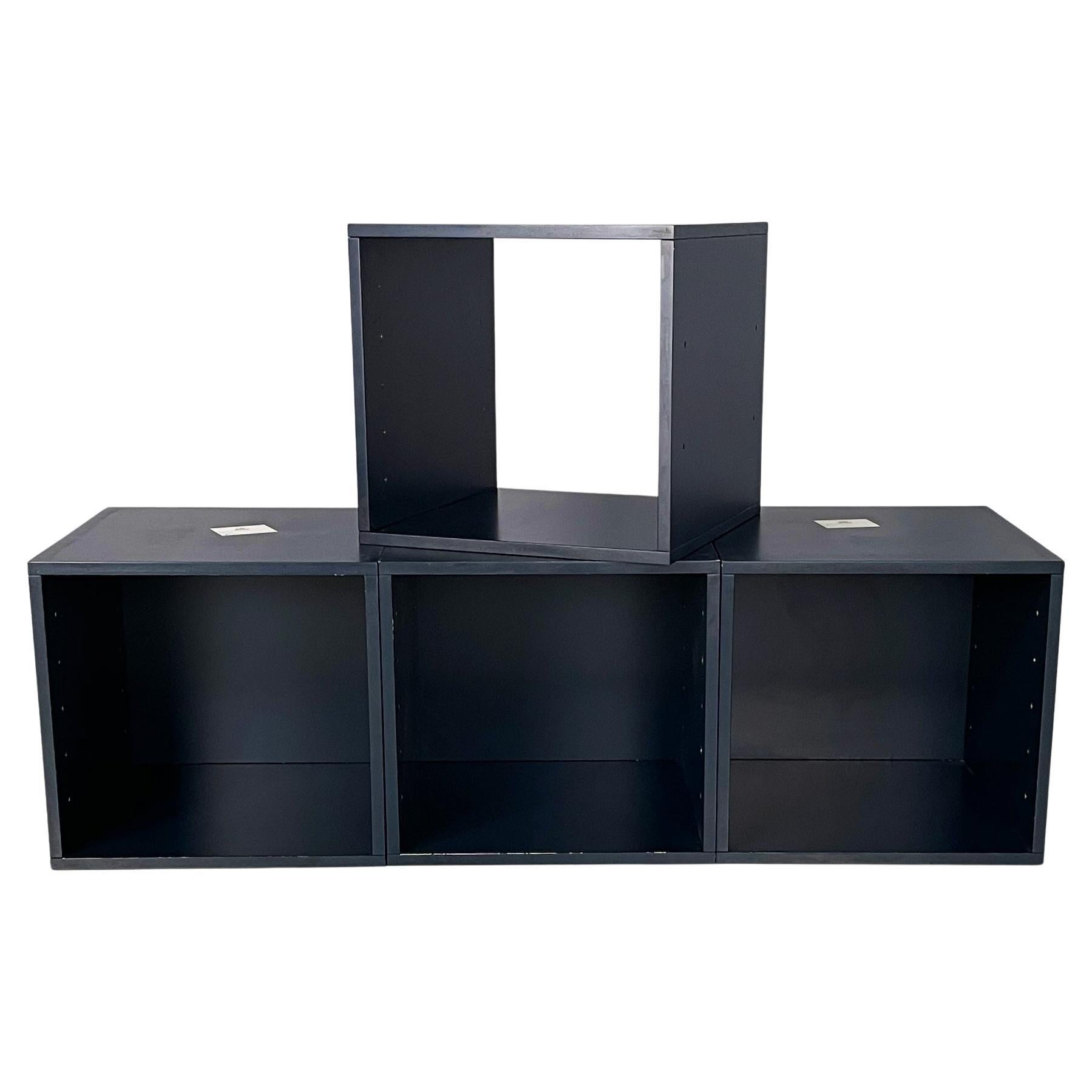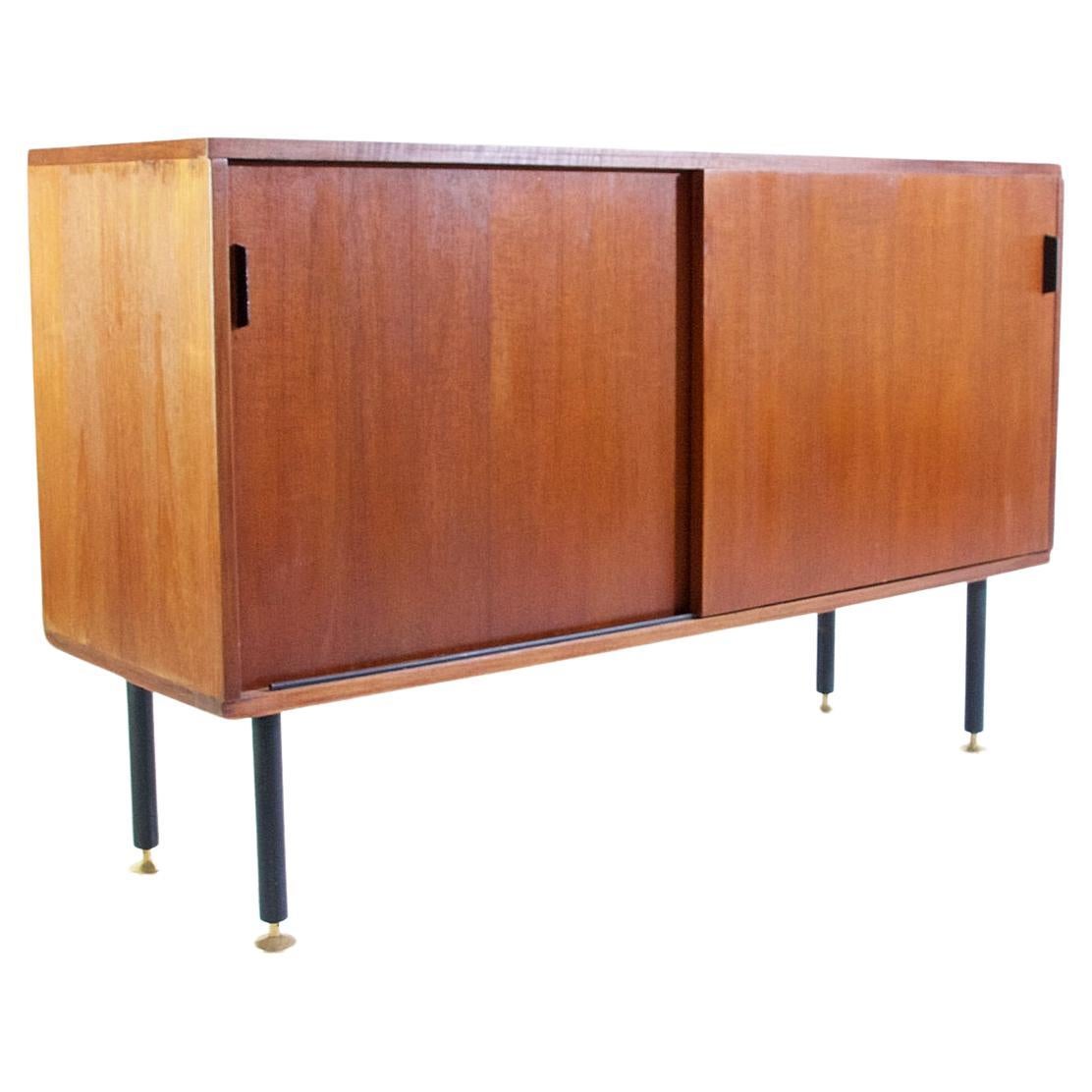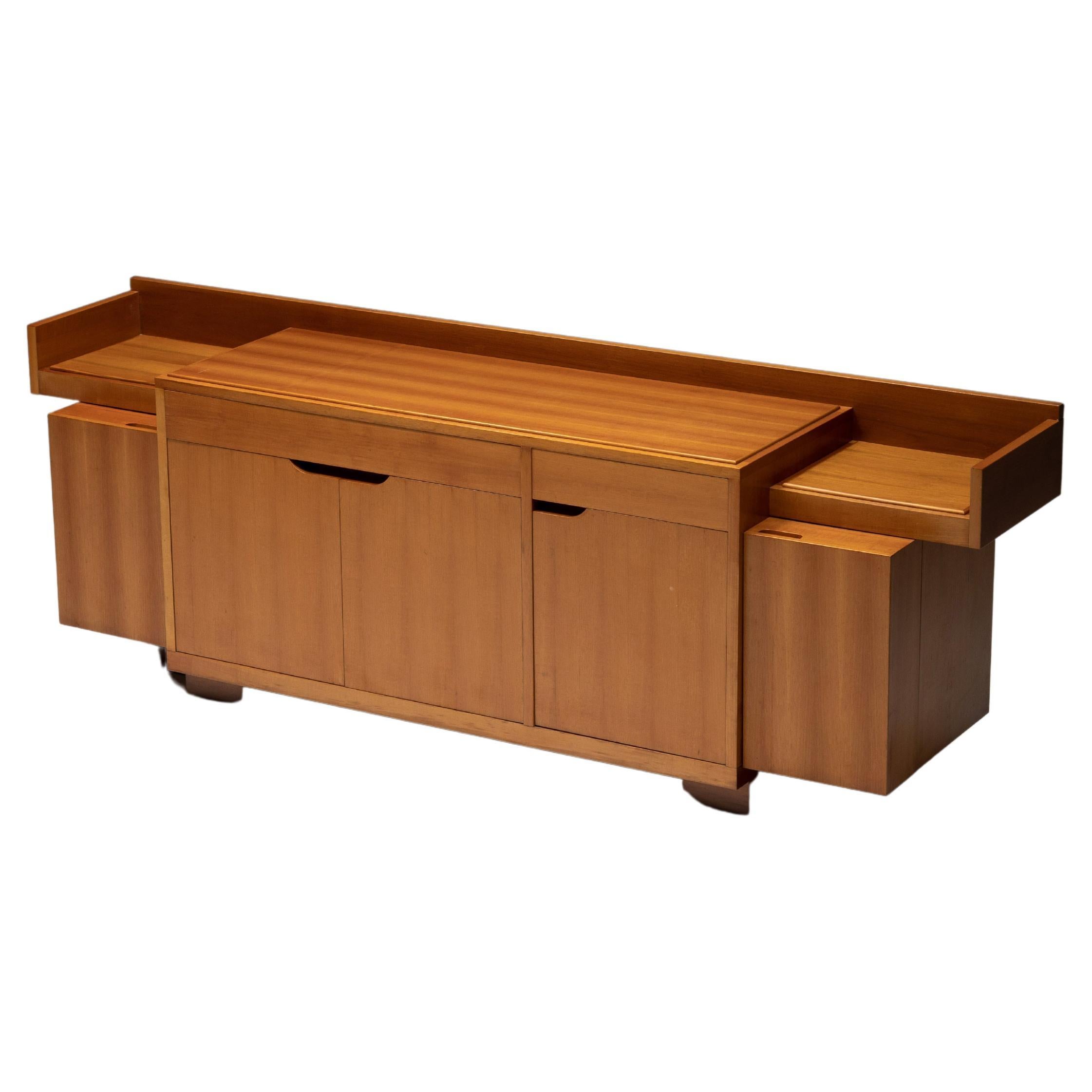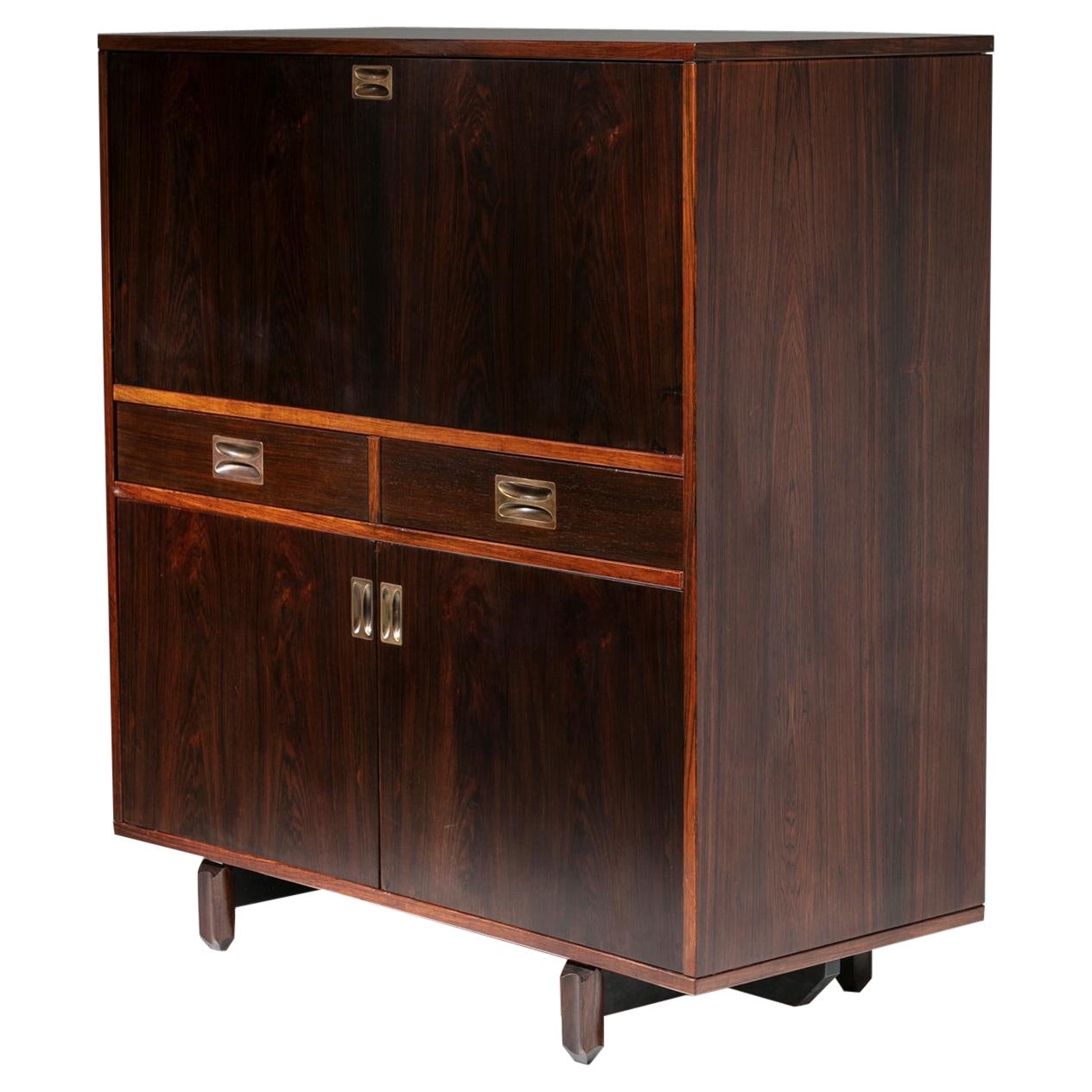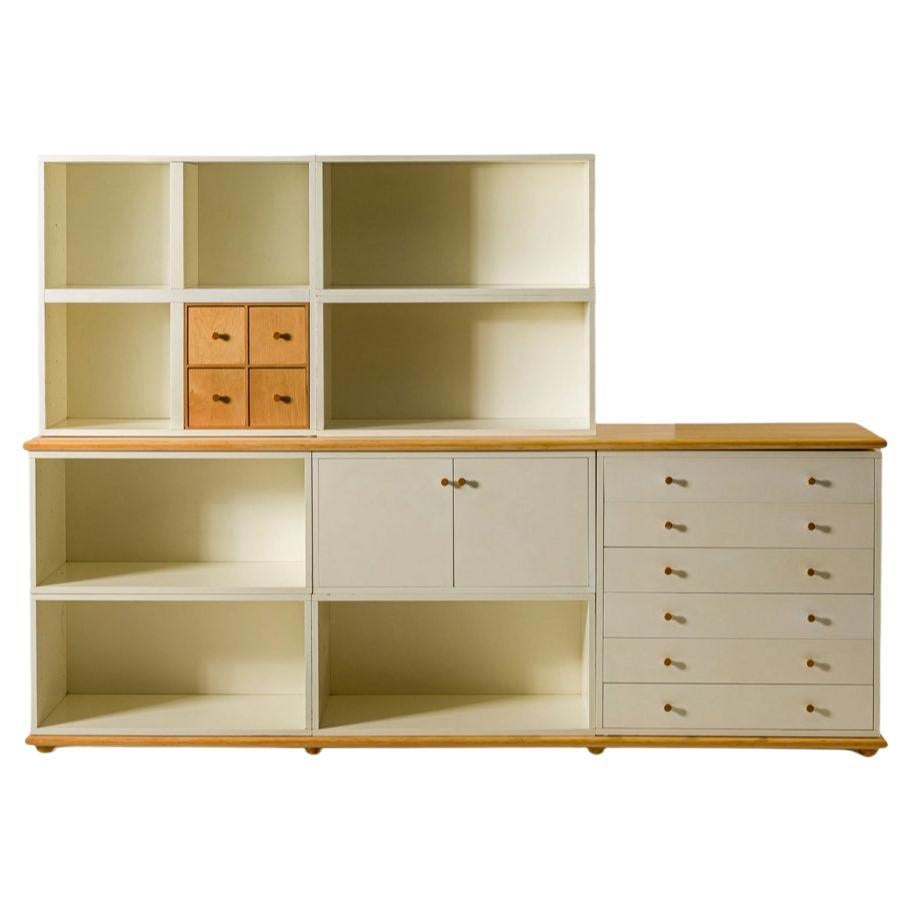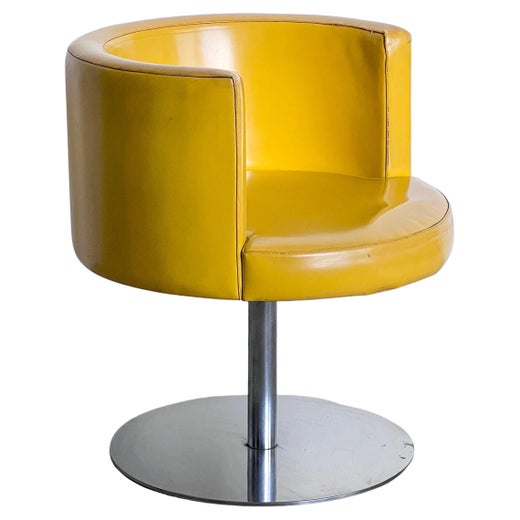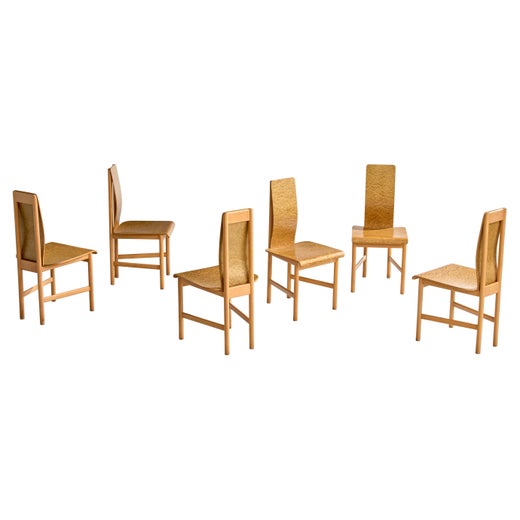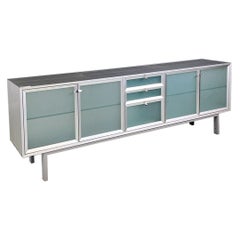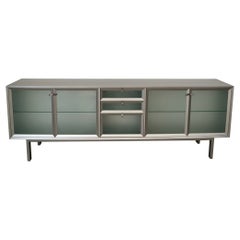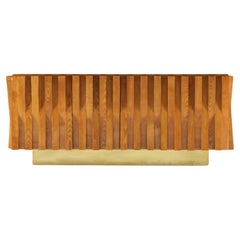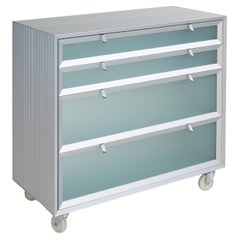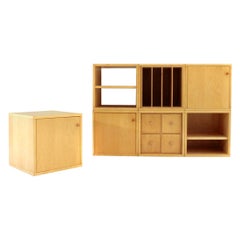
7 Midcentury ‘Bric’ Square Containers by Centro Studi Driade for Driade 1970
View Similar Items
7 Midcentury ‘Bric’ Square Containers by Centro Studi Driade for Driade 1970
About the Item
- Creator:
- Dimensions:Height: 15.75 in (40 cm)Width: 15.75 in (40 cm)Depth: 15.75 in (40 cm)
- Sold As:Set of 7
- Style:Mid-Century Modern (Of the Period)
- Materials and Techniques:
- Place of Origin:
- Period:
- Date of Manufacture:circa 1970
- Condition:Wear consistent with age and use.
- Seller Location:Savona, IT
- Reference Number:1stDibs: LU1850316307311
Antonia Astori
Antonia Astori has masterfully designed modern furniture for the ages. As a cofounder of Italian furniture brand Driade, Astori has created dining tables, desks, serveware and elegant, visually striking modular storage pieces to make the most of space in a given room.
Born in Milan, Astori graduated from the Athenaeum of Lausanne in 1966, with a focus in Industrial and Visual Design. She cofounded Driade in 1968, along with her brother Enrico and sister-in-law Adelaide Acerbi.
Oikos, Astori’s earliest and — one of her most notable — collections for Driade, brought rich geometry by way of modular storage solutions inspired by architecture to interiors everywhere in 1972. Demand has remained strong for pieces from the Oikos collection, even into the 21st century.
In addition to working as a designer within her company, Astori also serves as project coordinator — overseeing the development and progress of new Driade product lines. She has also worked on Driade’s visual identity and branding. Over the course of her long history at the company, Astori has had the pleasure of partnering with many notable architects and designers.
Driade's initial collaborations included Italian designers such as Enzo Mari, Nanda Vigo, Giotto Stoppino and Rodolfo Bonetto, to name a few. In the 1980s, the brand worked with influential and renowned designers from around the globe. In 1984, Driade partnered with French designer Philippe Starck and debuted his iconic Costes armchair during the same year. Projects with architects and furniture designers such as Ron Arad, Toyo Ito, Borek Sipek, Patricia Urquiola and others followed into the 2000s.
Over more than five decades — the company celebrated their 50th anniversary in 2018 — Driade’s fruitful partnerships have culminated in a vast catalog of chairs, sofas, coffee tables and other furnishings for the home and garden that evoke a unique and diverse blend of cultures. Faye Toogood’s chunky, stout Roly Poly armchair and Fabio Novembre’s enigmatic Nemo chair — in which a backrest assumes the form of a human face — are just two examples of Driade’s eclectic furnishings. Astori continues to work as project manager and designer for the firm.
Find vintage Antonia Astori tables, lighting and storage pieces on 1stDibs.
Enzo Mari
Enzo Mari was an influential industrial designer and a beloved curmudgeon who revered Marxism. His vintage mid-century modern designs are simple, functional and poetic. Widely known Mari-designed objects include desk accessories, such as the Formosa perpetual wall calendar, vases, cocktail tables and chandeliers.
Enzo Mari's work is embedded within the city of Milan, the Italian capital of all things design. In fact, the traffic bollards he devised are part of the city itself: Shaped like "panettone" cakes, they simultaneously direct traffic and provide seating for pedestrians.
In 1974, Mari published Autoprogettazione? (roughly translated as self-design), a Marx-inspired, anti-industrial, do-it-yourself handbook for the everyday person to use to build furniture without the assistance of a glitzy designer or knowledge of complex joinery. Mari’s intent with the publication was to remove the alienation of the creator and manufacturer from the end product by teaching anyone to develop a critical eye for production.
Artek relaunched kits based on the blueprints in the manual in an exhibition at Spazio Rossana Orlandi in 2010. The subsequent collectability of his work was reportedly irksome for Mari because he abhorred the industrial production for which he was becoming known.
Mari’s meager upbringing heavily influenced his politics, and even in childhood, he would come up with ingenious ways to support the family financially. As a designer, the desire to envision and build significant pieces was more important to Mari than devising new marketing and retail sales tactics. He optimistically believed objects could change the world. This view went against the rising consumer mania for every next trend that surfaced in the late 20th century. Not surprisingly, his ecological and economical stance led him to produce fewer objects.
Mari's philosophy did not stop people from desiring his creations, nor prevent other designers from wanting to collaborate with him. Following World War II, he worked for companies like Danese, Olivetti, Artemide, Driade and Alessi, who brought his prodigious designs to the public, and Mari’s work was widely celebrated.
The Golden Compass, Italy's highest honor for industrial design, was awarded to Mari four times before he died from COVID in 2020, and New York’s Museum of Modern Art has a permanent collection of his objects on display.
On 1stDibs, find a collection of Enzo Mari decorative objects, folk art and serveware.
You May Also Like
1990s Italian Modern Credenzas
Metal, Aluminum
1990s Italian Post-Modern Credenzas
Aluminum
Mid-20th Century Italian Mid-Century Modern Credenzas
Wood
1990s Italian Commodes and Chests of Drawers
Aluminum
Vintage 1980s Italian Cabinets
Plastic, Wood
1990s Italian Modern Bookcases
Metal
